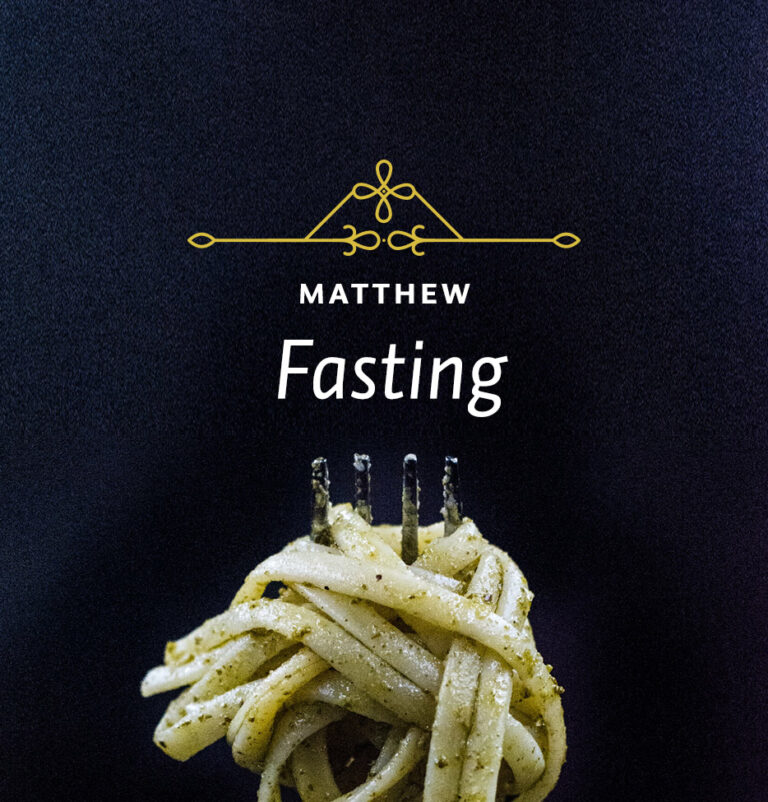
Monday: Fasting- a Less Common Practice
The first two examples of Christian piety that Jesus gives in the middle of the Sermon on the Mount do not seem particularly difficult. They are giving to the poor and praying. To most people, almsgiving and prayer make sense and are familiar, even though they may not understand them completely or practice them. This is not true of Christ’s third example. The third example is fasting, which means abstaining from food for some spiritual end. Not only does this not seem necessary to most persons, to many it even seems quite foolish or absurd.



